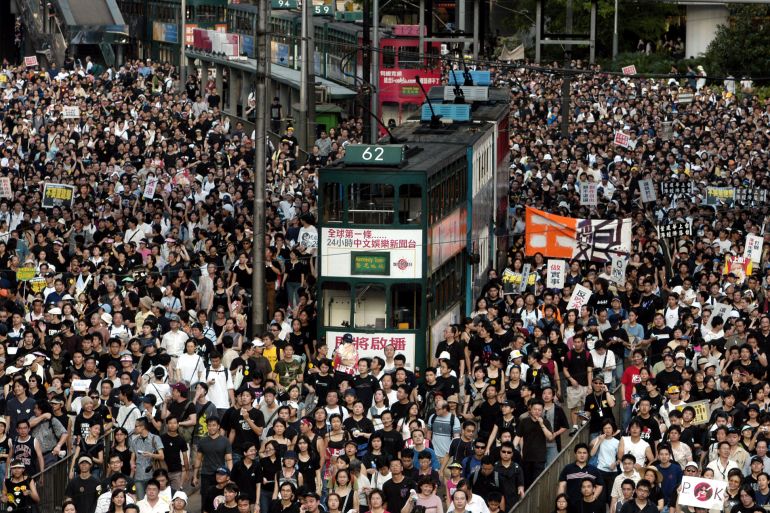A decade after the Umbrella Movement swept Hong Kong, the streets are silent. But activists say the battle isn’t over.
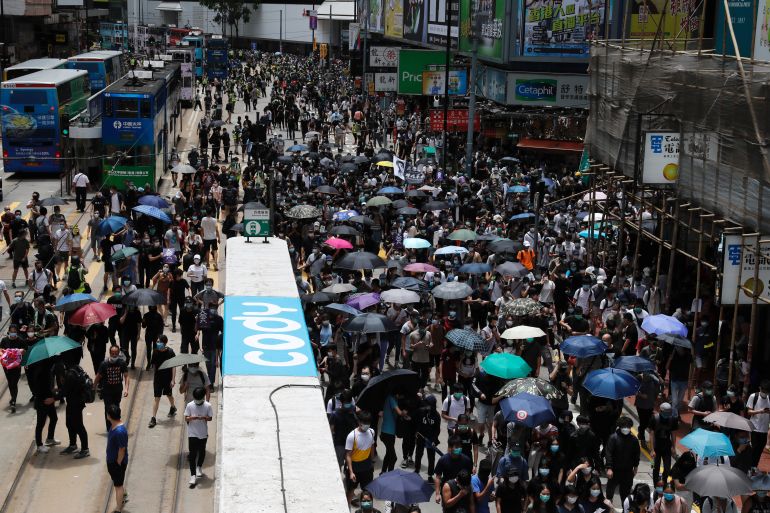
A decade after the Umbrella Movement swept Hong Kong, the streets are silent. But activists say the battle isn’t over.

The law, known as Article 23, has been criticised internationally over fears it could erode civil liberties.
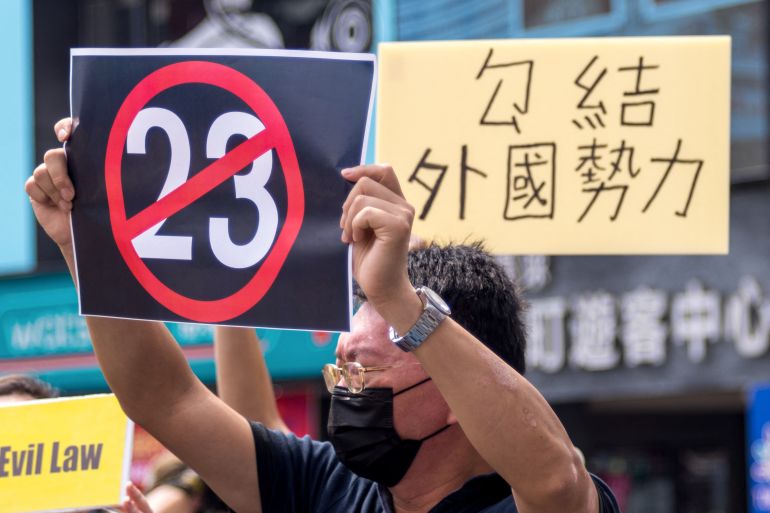
Hong Kong has passed a new national security law that critics fear will further erode civil liberties.
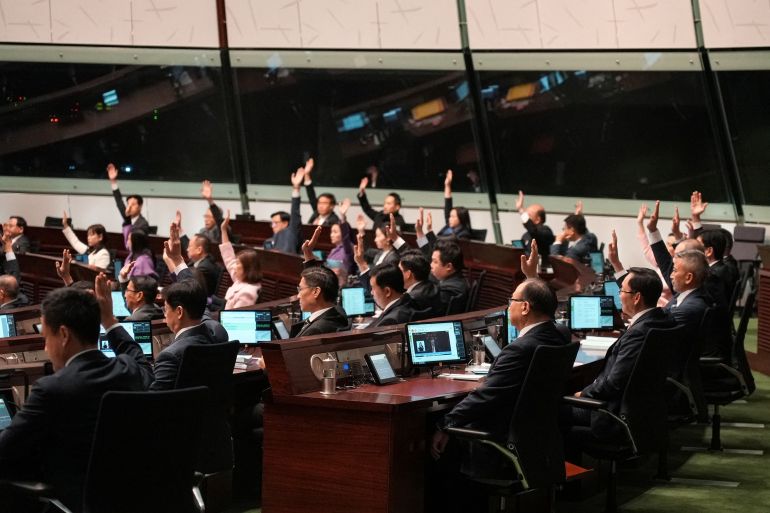
Passing of new national security law described as ‘very dark day’ for civil liberties in Hong Kong.
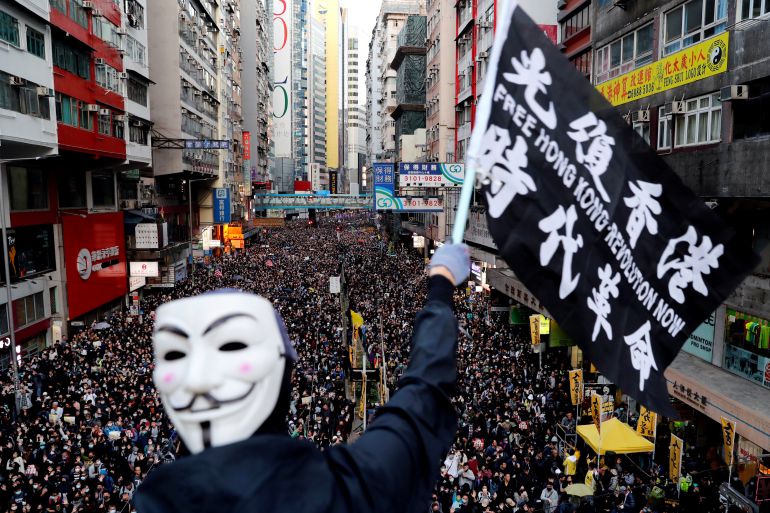
Defendants jailed for terms between four and seven years after being found guilty of rioting.
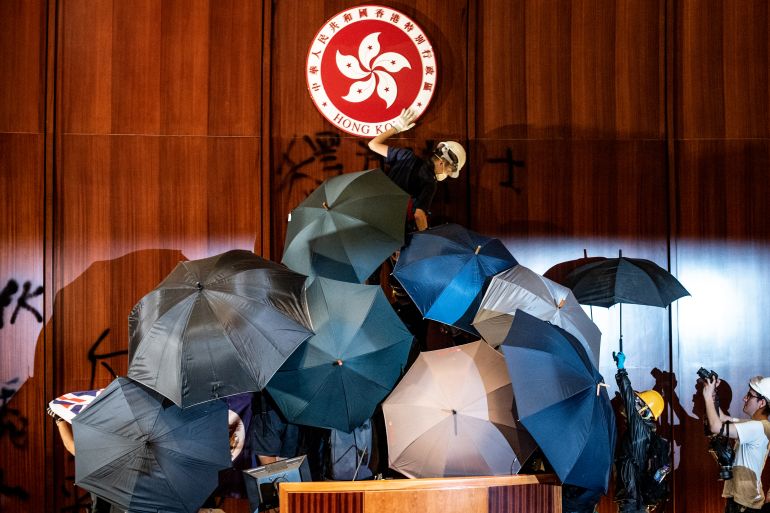
The storming of the building marked an escalation in the 2019 mass protests that began over a China extradition bill.
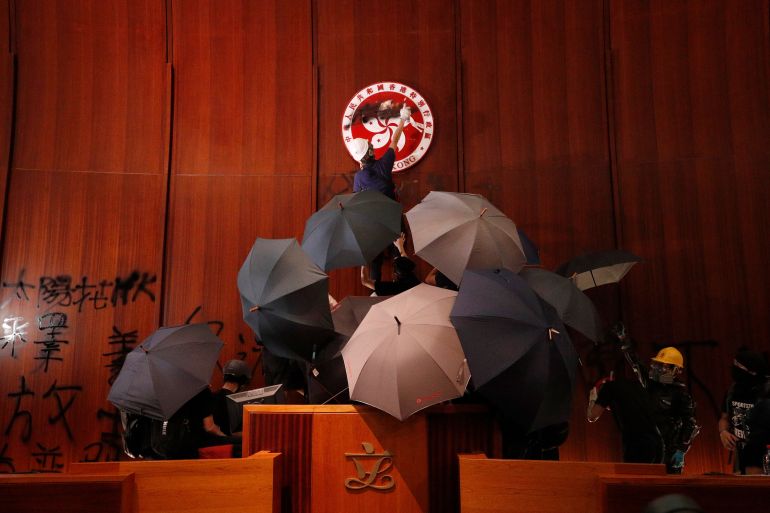
New offences covered under the proposed laws will include treason, insurrection and espionage.
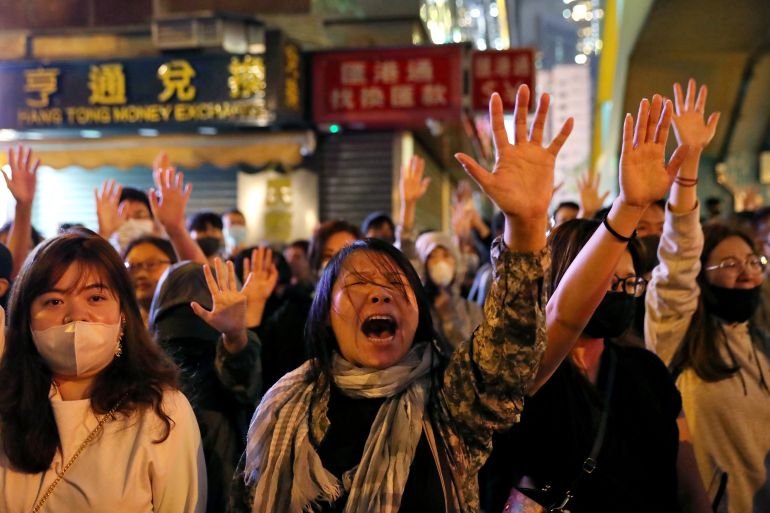
Football has long provided an arena for protest in Hong Kong, but this Asian Cup has been quieter.
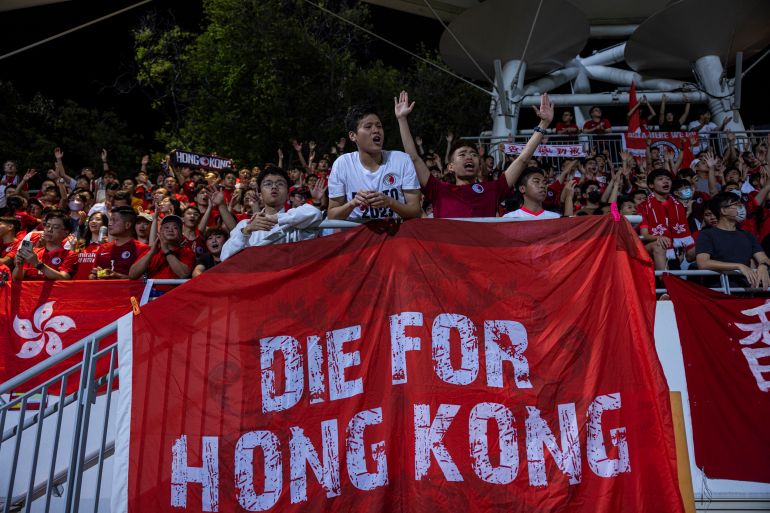
The US and the UK have condemned the move as Hong Kong authorities expand crackdown under national security law.
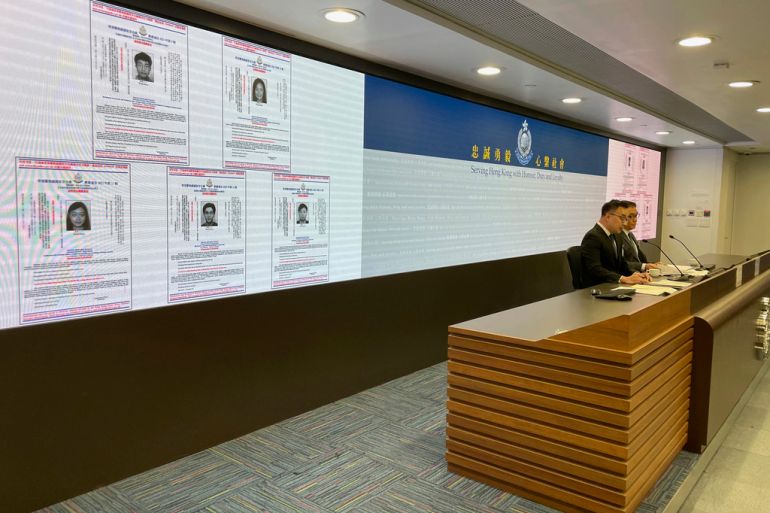
Sixteen pro-democracy activists are charged under national security laws critics claim are designed to stifle dissent.
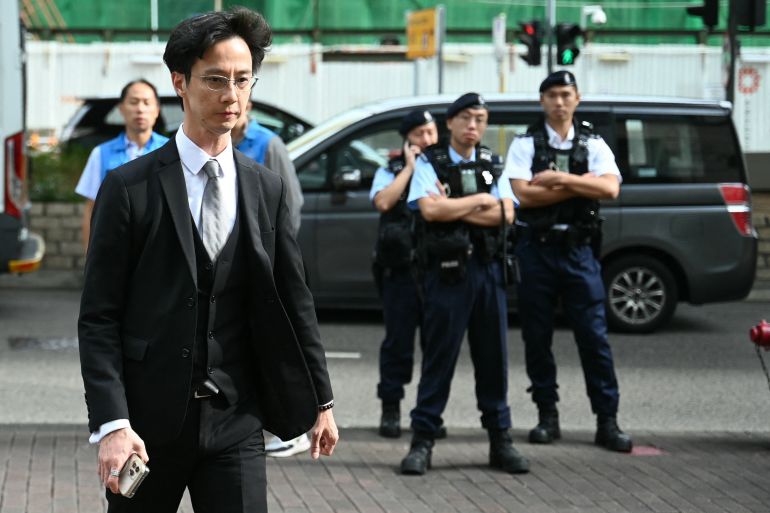
The move follows Beijing’s move to impose a national security law following the 2019 mass protests for democracy.
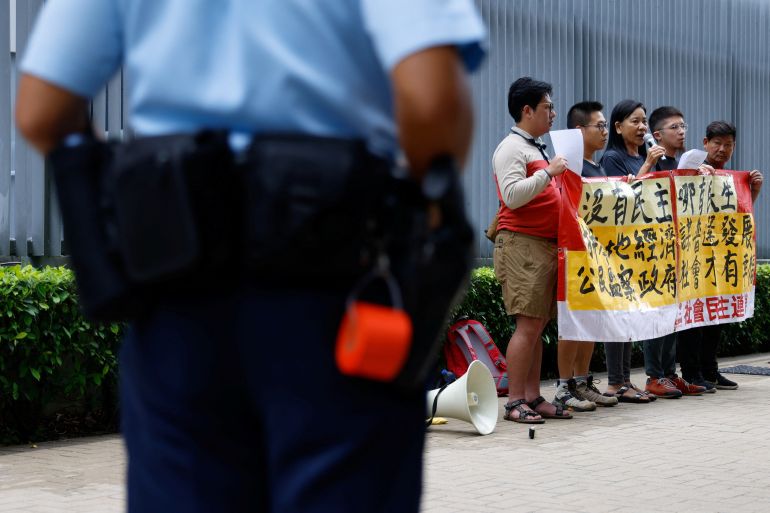
The media tycoon has been in jail for three years awaiting trial under the territory’s national security law.
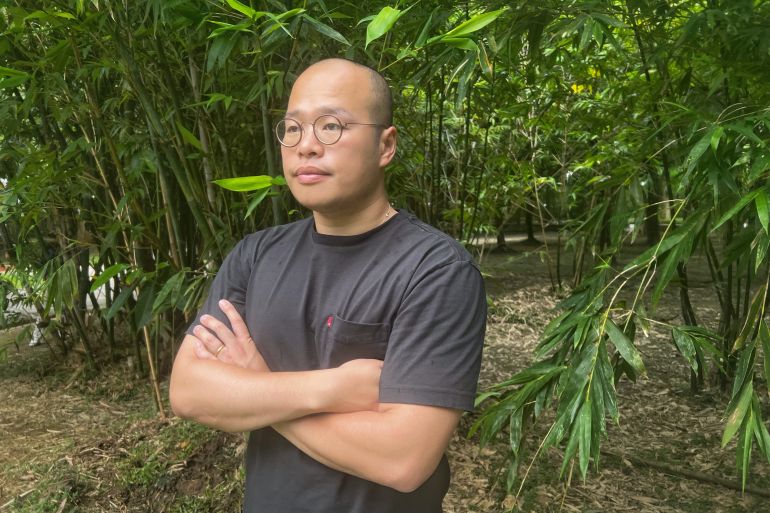
Judge says banning 2019 mass protest song Glory to Hong Kong would have ‘chilling effects’ on freedom of expression.
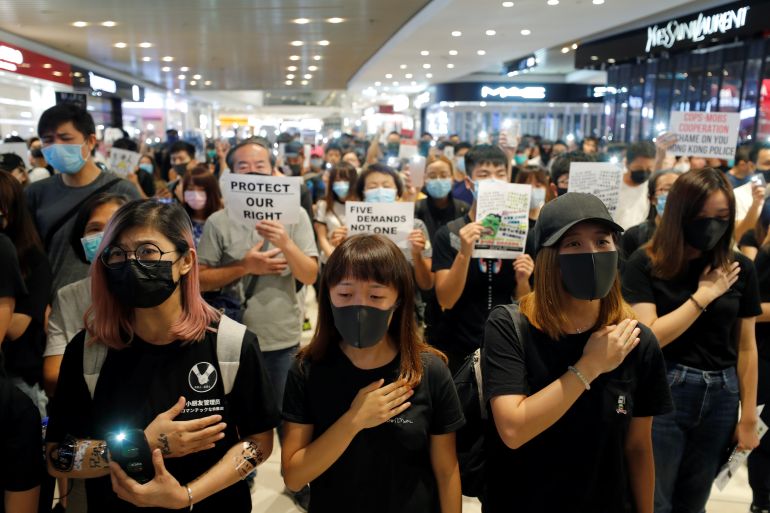
China’s National Security Law has all but extinguished criticism, but more legislation on security is expected.
